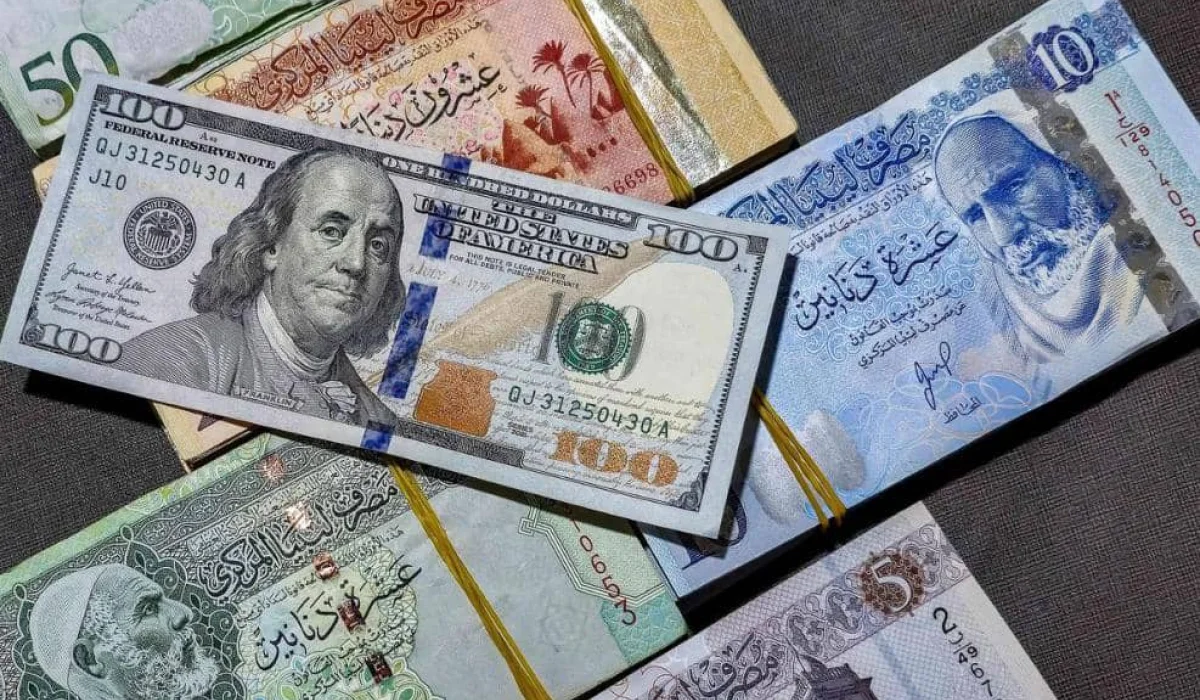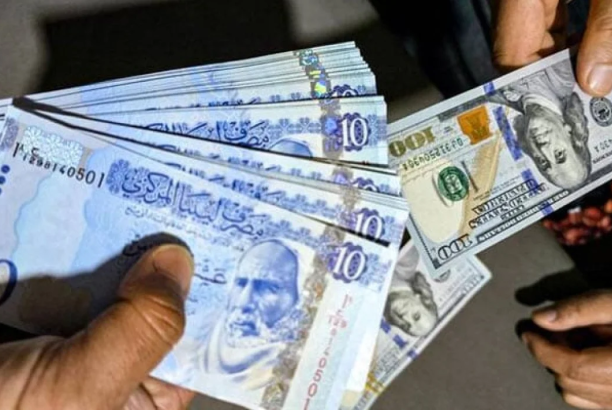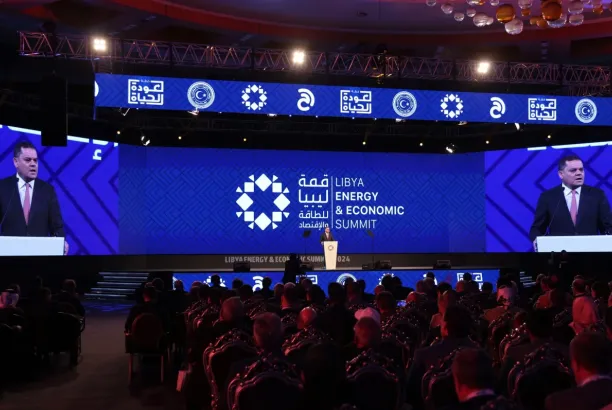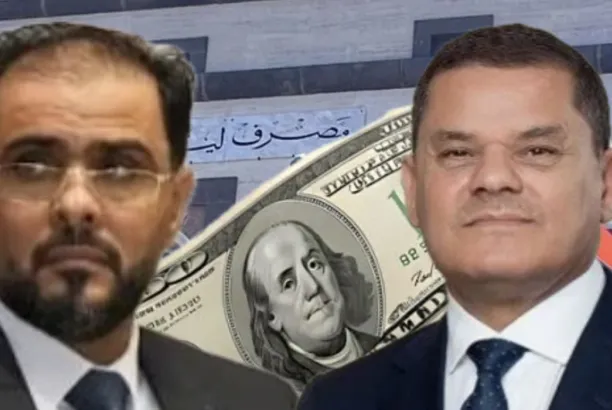
| Reports
Middle East: Libya Among the Top 10 Most Dangerous Countries for Financial Crimes… and Its Economy Feeds Armed Groups
The 2025 International Economic Crime Index, published by “Secretaria”, a company specializing in legal consultancy and risk management, revealed that Libya has become one of the most vulnerable countries in the world to financial crimes. It ranks among the top 10 countries in terms of widespread financial corruption, money laundering, and organized economic crimes — exposing a fragile reality and rampant corruption that undermines both political and economic stability.
According to Middle East, this alarming ranking is no surprise; it reflects a clear deterioration in Libya’s regulatory and legal infrastructure amid a fragile political situation, chronic institutional division, and the growing dominance of armed groups. These conditions have turned the country into an open arena for corruption and cross-border financial crimes.
The report highlighted that Libya has recorded high levels of money laundering, taking advantage of weak regulatory systems and the absence of deterrent legislation, making it a central route for illicit funds, smuggling, and the financing of armed groups. Data also indicates a troubling rise in cyber financial crimes, which are expected to increase by 60% by the end of 2025, especially with the use of AI in fraud and financial breaches.
One of the most striking manifestations of Libya’s financial crisis is the transformation of the oil sector into a political tool wielded by the current government — particularly the Government of National Unity led by Abdulhamid Dbeibah — to buy loyalties and secure influence against political rivals. Both local and international reports confirm that oil revenues have not been used for reconstruction or improving citizens’ lives but rather to fund armed groups and grant economic privileges to security leaders and armed factions allied with the government.
The website added that the National Oil Corporation is among the institutions most exposed to political pressure, with its decisions now influenced by competing centers of power. Meanwhile, its revenues are distributed outside legal and transparent frameworks due to the absence of an effective oversight body capable of monitoring expenditures and holding those involved in corruption accountable.
The site noted that corruption in Libya is not limited to the oil sector. It extends to most vital sectors, such as infrastructure, energy, education, and banking. According to international watchdog organizations, around 40% of public projects were not implemented despite large budget allocations, while millions of Libyans live in deteriorating conditions and lack basic services.
The report further explained that the political and institutional divisions between East and West contribute to complicating the crisis, with state institutions being run in a dual manner. This creates overlapping jurisdictions, lack of coordination, and facilitates the operations of corruption and smuggling networks across borders and ports.
The site also mentioned that the international ranking’s implications did not go unnoticed at the United Nations, where the UN Security Council recently discussed the Libyan situation. Participants included Libya’s Permanent Representative Tahir El-Sonni, UN envoy Hanna Tetteh, and Russian envoy Vassily Nebenzia.
During the session, El-Sonni stressed the need to unify financial arrangements and the national budget, considering it the first step toward curbing corruption and ending the division. Meanwhile, the Russian representative warned that the financial crisis is worsening amid political division and the depreciation of the Libyan dinar, warning of a potential social explosion if the economic crisis is not seriously addressed.
Observers believe that continued neglect of corruption and money laundering will undermine any hope of rebuilding the state and erode international confidence in Libya’s governing institutions. The absence of accountability, they argue, will prolong division and feed the economy of armed groups, potentially turning Libya into a regional weak point used to finance other conflicts in North Africa and the Sahel region.
The site concluded by noting that amid this grim picture, experts agree that unifying financial and regulatory institutions, strengthening judicial independence, and imposing international oversight on public spending are essential steps to curb economic crimes and save Libya from total political and financial collapse.





